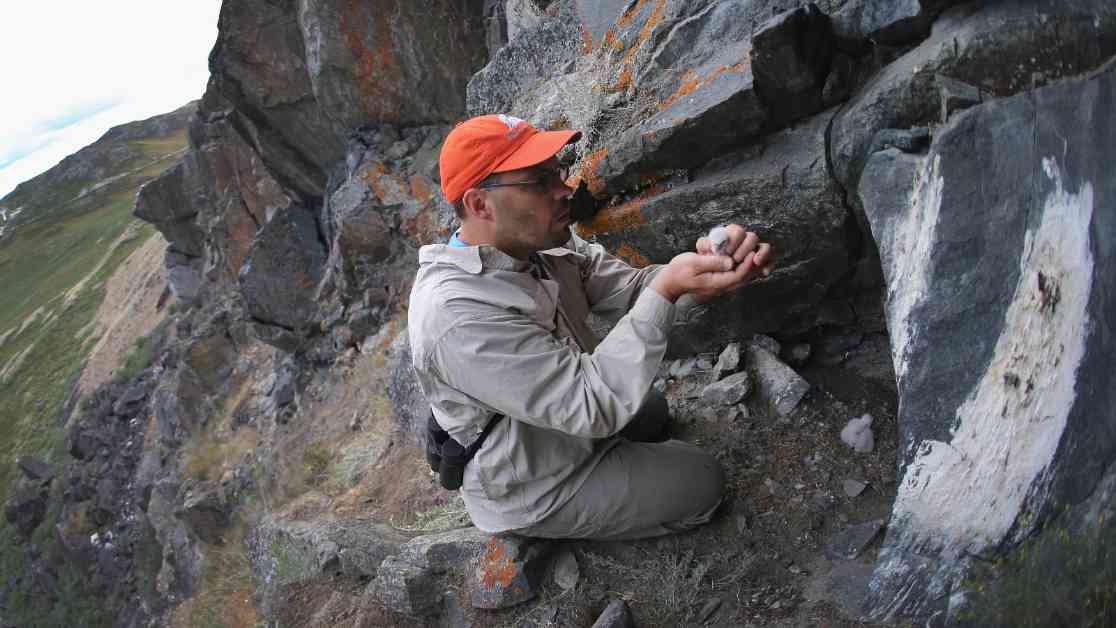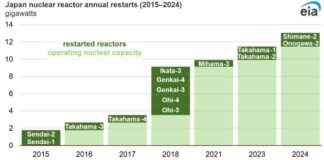Summary:
The impact of President Trump’s funding freeze on climate science is felt by researchers like Gabriel Filippelli, who had his projects suspended due to lack of funding. This freeze on federal grants and loans has caused uncertainty and confusion among researchers and institutions that rely on government funding. The administration’s efforts to halt funding for climate research could have long-term consequences on the scientific community and the country’s response to climate change.
A Seasoned Journalist’s Take on the Impact of Trump’s Funding Freeze on Climate Science
In recent weeks, the effects of President Trump’s funding freeze on climate science have become increasingly evident, causing ripples of uncertainty and concern among researchers and institutions across the country. The story of Gabriel Filippelli, the executive director of the Environmental Resilience Institute at Indiana University, serves as a poignant example of the real-world consequences of these policy changes.
Unprecedented Funding Freeze
Since President Trump took office, his administration has taken drastic measures to pause, eliminate, and claw back federal funding for research projects, creating a climate of uncertainty and instability within the scientific community. For researchers like Filippelli, who rely on government grants to conduct essential research, the sudden suspension of funding has had a profound impact on their work and livelihood.
Filippelli’s Experience
Filippelli’s firsthand experience with the funding freeze highlights the challenges faced by researchers in the current political climate. His collaboration with students and faculty in Pakistan, aimed at monitoring air pollution exacerbated by climate change, came to an abrupt halt when the State Department suspended the $300,000 grant supporting the project. The reason cited was that the project no longer aligned with the agency’s priorities, leaving Filippelli scrambling to find alternative sources of funding.
A Threat to Scientific Progress
The implications of these funding cuts extend far beyond individual researchers like Filippelli, affecting the entire scientific community and its ability to make meaningful contributions to climate research and environmental justice. With hundreds of thousands of scientists reliant on federal funding for their work, the freeze on grants and loans threatens to stifle innovation and progress in critical areas such as climate forecasting, medical research, and environmental sustainability.
Navigating Uncertain Waters
As researchers grapple with the uncertainty brought about by the funding freeze, questions loom about the future of climate research in the United States. The potential long-term consequences of these policy changes, including delays in groundbreaking scientific discoveries and setbacks in the fight against climate change, underscore the urgent need for stable and reliable funding mechanisms for scientific research.
Expert Insights
Experts in the field of climate science warn that the current funding freeze could have far-reaching effects on the country’s ability to address climate change effectively. Carl T. Bergstrom, a professor of biology at the University of Washington, emphasizes the catastrophic shortfall that universities face due to the sudden withdrawal of federal funding, highlighting the broader economic implications of these policy changes.
Looking Ahead
As the scientific community grapples with the challenges posed by the funding freeze, researchers like Filippelli remain determined to push forward and advocate for the importance of climate research. Despite the obstacles and uncertainties they face, their commitment to advancing scientific knowledge and addressing pressing environmental issues remains unwavering.
In conclusion, the impact of President Trump’s funding freeze on climate science has cast a shadow of uncertainty over the scientific community, raising concerns about the future of critical research initiatives. As researchers and institutions navigate this challenging landscape, the need for stable and sustainable funding for climate research has never been more apparent.














